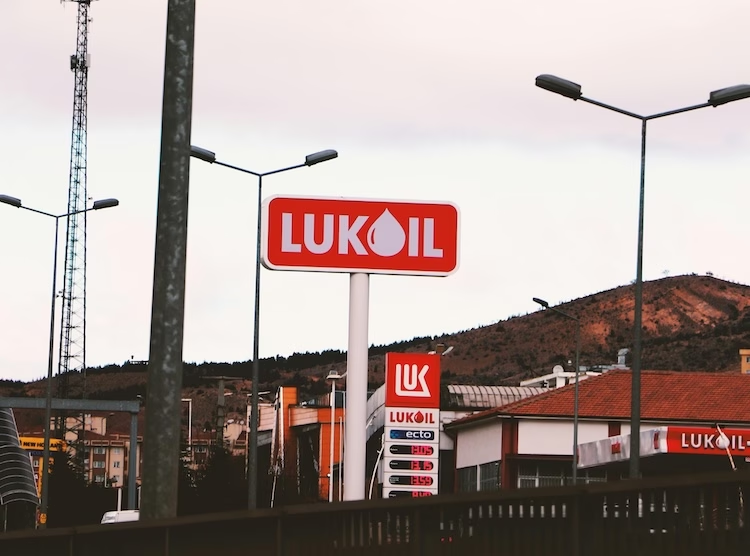
On October 22, 2025, the U.S. Department of the Treasury’s Office of Foreign Assets Control (“OFAC”) has issued full blocking sanctions on Open Joint Stock Company Rosneft Oil Company (“Rosneft”) and Lukoil OAO (“Lukoil”) pursuant to Executive Order 14024. This marks a significant escalation in pressure on the Russian Federation by adding Russia’s two largest oil companies to the Specially Designated Nationals List (“SDN List”) due to the country’s “lack of serious commitment to a peace process to end the war in Ukraine.” The Trump Administration is targeting two of Russia’s largest drivers of revenue.
Prior to this move, each company was subject to sectoral sanctions that included some limited restrictions pursuant to various Directives under Executive Order 13662. However, now all transactions with Rosneft and Lukoil are prohibited for U.S. Persons absent some authorization pursuant to a General License or a Specific License. Additionally, OFAC provided an annex that listed several Rosneft and Lukoil subsidiaries that are all now also designated pursuant to EO 14024. And, as a reminder, regardless of whether the entity is specifically listed in this annex or otherwise on the SDN List, any entity that Rosneft or Lukoil own 50-percent or more of is also considered sanctioned.
Following these moves, all U.S. Persons should evaluate any existing business with these entities to ensure compliance. Additionally, non-U.S. Persons should consider doing the same, as they could face secondary sanctions risks. Companies may be subject to secondary sanctions for knowingly engaging in significant transactions with, or providing material assistance to, these entities.
Along with these designations, OFAC issued a number of General Licenses:
- Russia-related General License 124A: “Authorizing Petroleum Services and Other Transactions Related to the Caspian Pipeline Consortium and Tengizchevroil Projects”
- GL124 previously authorized transactions dealing with Caspian Pipeline Consortium or Tengizchevroil Projects. GL124A now specifically names Rosneft and Lukoil as included under that umbrella.
- Russia-related General License 126: “Authorizing the Wind Down of Transactions Involving Rosneft or Lukoil”
- GL 126 provides for a limited wind down for existing transactions with Lukoil and Rosneft, as well as any entities owned 50-percent or more by either entity. This wind down period expires 12:01 a.m. eastern standard time, November 21, 2025, so companies must ensure that any transactions are completed by then, otherwise a Specific License will be necessary for anything remaining (including collecting payment!).
- Russia-related General License 127: “Authorizing Certain Transactions Related to Debt or Equity of, or Derivative Contracts Involving, Rosneft or Lukoil”
- GL 127 provides a wind down period for entities to divest or transfer equity or debt issued by Lukoil or Rosneft. This license also provides a wind down period for derivative contracts entered into prior to 4:00 p.m. eastern daylight time, October 22, 2025. Both of these wind down periods expire 12:01 a.m. eastern standard time, November 21, 2025.
- Russia-related General License 128: “Authorizing Certain Transactions Involving Lukoil Retail Service Stations Located Outside of Russia”
- GL 128 authorizes transactions with Lukoil Retail Services Stations, which is defined to include those retail stations outside of the Russian Federation in existence prior to October 22, 2025 in which (1) Lukoil has an interest, or (2) any entity in which Lukoil owns, directly or indirectly, a 50 percent or greater interest, has an interest.
These new changes were not necessarily expected and were relatively abrupt. However, it’s not too surprising considering the lack of progress and the President’s frustration regarding the war in Ukraine. For sanctions compliance professionals, it’s important to stay up-to-date on current events as it may help in trying to anticipate future sanctions actions—sanctions will generally follow geopolitical turmoil. Additionally, it’s not unusual for entities subject to limited sanctions to be enhanced to full blocking sanctions.
